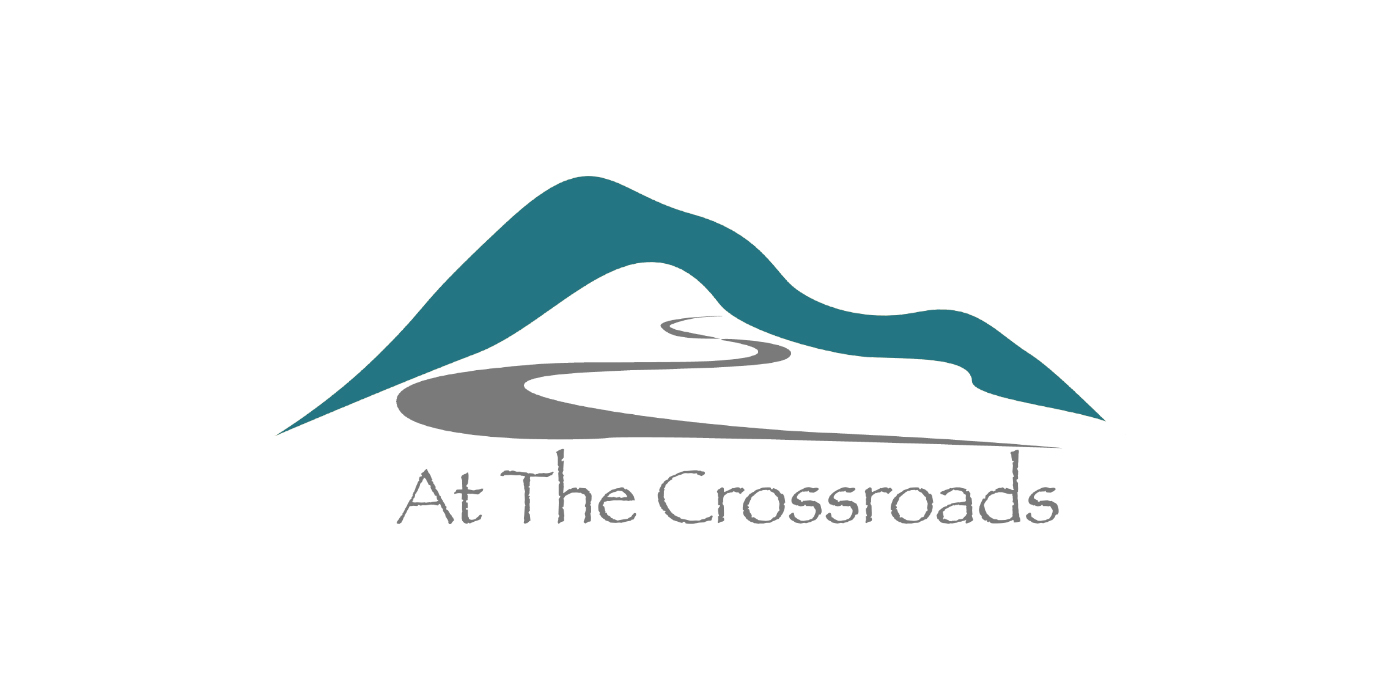
A Turkish pastor and his translator give a report to a prayer group at Christ Church Jerusalem.
In July, a pastor and former mayor from a city in Turkey* visited Israel with the mission to create bridges between different ethnic groups in Turkey, Iraq and Syria and Israel. They met with Israeli academics, Kurdish Jewish community leaders, Christian leaders from various denominations, genocide prevention activists as well as national and regional Israeli politicians.
While they were in Israel, several noteworthy events occurred back in Turkey.
Our visitors, Kurds in Turkey and Middle East analysts are all convinced that Turkey’s decision to allow the United States to use an airbase just outside Adana, Turkey, for attacks against ISIS was merely a pretext for Turkish President Recep Erdogan to attack the militant Kurdistan Workers’ Party (PKK). This was in the face of a ceasefire, albeit a fragile one, with the Kurds that had been holding since 2013.
While Turkey promised support for U.S. operations against ISIS, they wasted no time in attacking PKK bases in northen Iraq. If you look at the number of Turkish attacks against Islamic State and compare those with the force and number of their attacks against the Kurds of the PKK things seem fairly clear. Time.com reports, “Between July 23 and July 26, 75 Turkish jets flew 155 sorties against 400 or so PKK targets. Number of ISIS targets hit? Three.”
Events began to spin out of control with the suicide bomb attack on Suruc, a city just adjacent to Kobane, Syria. A socialist youth group of Kurdish and some Turkish young people had traveled down from Istanbul to Suruc volunteer to help rebuild the city of Kobane, , which saw one of the most intense battles of the last year between Syrian Kurds (aided by Peshmerga and PKK fighters) that ended with a defeat ISIS jihadists.
On the morning of July 22 a suicide bomber entered the courtyard of a cultural center in Suruc killing himself and 32 others and wounding more than 100 others. One of those critically wounded was a new believer, At the Crossroads contacts report. The Kurds are convinced, and say they have proof, that the bomber was aided by Turkish border police in reaching the area. Turkey obviously denied this accusation, but what followed was a response attack by the PKK and then further attacks by the Turkish military in the region.
The Kurdish people number as many as 30 million but are separated in the modern Middle East by borders that were established after the World War I. The majority live today in Turkey, Iran, Iraq and Syria. They were promised a country, in part for their in the Hamadian Massacres of the Armenians in the 1890’s and then the Armenian Genocide during World War I.
Like the mayor and the pastor, there are Kurds and some Turks who now publicly admit the guilt of their forefathers. This has created quite a stir on this the 100 year anniversary of the Armenian Genocide. (The mayor will travel to Armenia in August). It also gives us hope that God is stirring the collective conscience of the Kurdish leaders and the church.
Let’s pray that God would continue to open the door of faith to the Kurds. There are a few new fellowships that have been started among Kurdish refugees. While this is significant, we need to pray for a people movement that would usher hundreds of thousands of Kurdish Muslims into the Kingdom.
Mutual responsibility
All of this has taken place in the midst of some of the worst persecution of ancient Christian communities in the Middle East since World War I.
Recently an Israeli government official who is an expert on minorities in the Middle East asked an interesting question. He said in Judaism there is a term in Hebrew, ערבות ,הדדית which basically means mutual responsibility/solidarity. This idea motivates Israelis and other Jews to travel and help Jews in response to natural disasters or humanitarian crises. This aid is often extended to others, but the impulse to help fellow Jews is one of the reasons why we see Israeli rescue teams and field hospitals set up so quickly after catastrophic events.
This official asked: “Why doesn’t this happen among Christians?”
While Christian relief organizations are not few in number, they often don’t specifically work to help other Christians. It would seem at times, in their desire to be impartial or perhaps because of our lack of unity as a universal body, Christian organizations don’t tend to focus specifically on those of the household of faith even though it seems to be one of the main messages that Yeshua’s gave to his disciples towards the end of his life.
A quick reading of both John 15 and Matthew 25 should make it clear that “No greater love has a man than he lays down his life for his friends.” We are also reminded in Paul’s letters of a specific responsibility that the early believers had for the poor and the suffering in their midst.
Let’s pray that the body of Messiah worldwide to hear the call of God ‘to come over and help their brothers’ in Mesopotamia.
Watching and praying, showing mercy and proclaiming the gospel of the Kingdom are to be priorities for his disciples, particularly in the times leading up to the return of Yeshua. The challenge is that these commandments are given during a period where ‘evil is increasing’ and the ‘love of many is growing cold’.
Praying, giving, sending, and being willing to go if God should call you are crucially important during these days. Proclaiming the truth both in our actions and our words will mark the end-time church in the Middle East, especially if we going to see the sons of Ishmael returned to the house of their father Abraham and the Isaiah 19 Highway established to bless the nations.
*Names withheld to protect the identity of these contacts.

